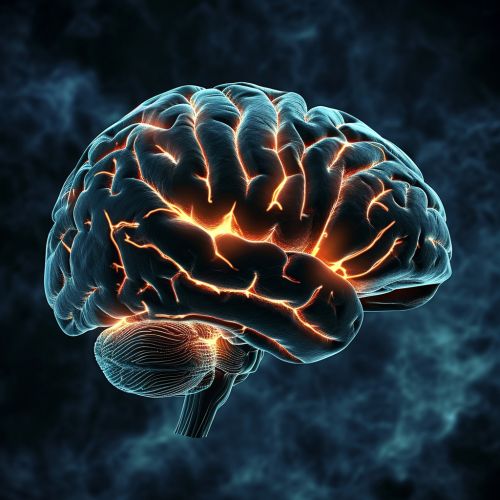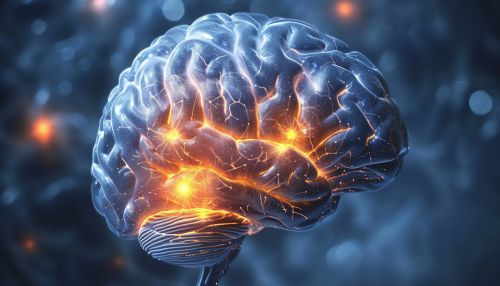Physiological Psychology
Overview
Physiological psychology, also known as biopsychology, is a branch of psychology that studies the relationship between physiological processes and behavior. This field of study is concerned with the ways in which the physical body and brain influence behavior, thoughts, and feelings. It is a subfield of psychology that is closely related to neuroscience, and often overlaps with it.


History
The roots of physiological psychology can be traced back to the early philosophers such as Aristotle and Plato, who were among the first to suggest a link between the mind and the body. However, it was not until the 19th century that physiological psychology emerged as a distinct discipline. This was largely due to advancements in technology that allowed for more detailed study of the brain and nervous system.
In the late 19th and early 20th centuries, researchers such as Ivan Pavlov and John Watson made significant contributions to the field. Pavlov's work on classical conditioning and Watson's studies on behaviorism laid the groundwork for understanding the physiological basis of behavior.
In the mid-20th century, the advent of electroencephalography (EEG) and other neuroimaging techniques revolutionized the field of physiological psychology. These tools allowed researchers to study brain activity in real-time, leading to major breakthroughs in our understanding of the brain-behavior relationship.
Key Concepts
Physiological psychology is based on several key concepts. These include:
Neural Mechanisms of Behavior
One of the central tenets of physiological psychology is that all behaviors have a physiological basis. This means that every action, thought, and feeling is ultimately the result of neural activity in the brain. This concept is often referred to as the mind-body problem.
Neuroplasticity
Neuroplasticity is the brain's ability to change and adapt in response to experience. This includes both structural changes, such as the growth of new neurons, and functional changes, such as the strengthening of synaptic connections. Neuroplasticity is a key concept in physiological psychology, as it explains how experiences can shape behavior.
Hormonal Influences on Behavior
Hormones are chemical messengers that regulate many aspects of physiology and behavior. Physiological psychologists study how hormones influence behavior, with a particular focus on the effects of stress hormones and sex hormones.
Research Methods
Physiological psychologists use a variety of research methods to study the brain-behavior relationship. These include:
Neuroimaging
Neuroimaging techniques such as functional magnetic resonance imaging (fMRI) and positron emission tomography (PET) allow researchers to visualize brain activity in real-time. These methods have greatly advanced our understanding of the neural mechanisms underlying behavior.
Animal Models
Many physiological psychologists use animal models to study the brain-behavior relationship. This allows for more invasive research methods, such as brain lesions and electrophysiology, that would not be ethical or feasible in human participants.
Genetic Studies
Genetic studies, including twin studies and genome-wide association studies (GWAS), are used to investigate the genetic basis of behavior. These studies can help identify genes that influence behavior, as well as the mechanisms by which these genes exert their effects.
Applications
Physiological psychology has many practical applications. These include:
Clinical Psychology
Understanding the physiological basis of behavior can help in the diagnosis and treatment of mental health disorders. For example, research in physiological psychology has contributed to the development of antidepressants and other psychiatric medications.
Neuropsychology
Neuropsychology is a branch of psychology that focuses on the relationship between brain function and behavior. Neuropsychologists often work in clinical settings, where they assess and treat individuals with brain injuries or neurological disorders.
Health Psychology
Health psychology is concerned with the ways in which behavior and psychological factors influence health and illness. Physiological psychologists often work in this field, studying topics such as stress, coping, and health behaviors.
